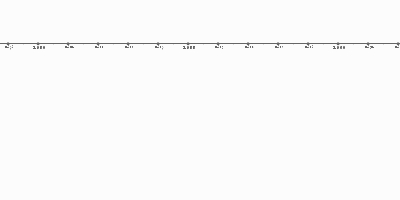1 янв 1945 г. - TOPIC 8.2: The Cold War
Описание:
After WWII, the Soviet Union did not hold democratic elections in Eastern Europe, as they agreed during the Yalta Conference. Instead, the Soviets set up “puppet” states, communist governments controlled by the USSR, creating distrust between the Soviet Union and Western democracies like the U.S., Britain, and France.In 1946, Winston Churchill delivered the “Iron Curtain” speech, which warned the world about the Soviet Union’s increasing control over Eastern Europe. This marked the beginning of the Cold War as tensions between the U.S. and Soviet Union grew.
In Hungary and Poland, the Soviets imposed communist rule. These countries were part of the Soviet’s sphere of influence and were not allowed to have free elections. People in these countries resisted Soviet control, but the Soviet Union maintained strict control through military force and political pressure.
The Baltic States (Estonia, Latvia, and Lithuania) were also controlled by the Soviet Union after WWII. They were forced into becoming part of the USSR, despite their desire for independence. The Soviets viewed the Baltic states as strategically important and kept them under strict control.
The Korean War:
The Korean War started when North Korea, supported by the Soviet Union and China, invaded South Korea. The U.S. and its allies supported South Korea to prevent communism from spreading. General MacArthur led forces that pushed the North Koreans back to the 38th parallel. This division between North and South Korea remains today. The war marked a major point in the Cold War, with both the U.S. and Soviet Union trying to expand their influence.
Cause and Effect:
The creation of Soviet puppet states in Eastern Europe and the refusal to hold free elections in places like Hungary, Poland, and the Baltic States caused tension between the Soviet Union and Western democracies. This created a series of events that led to the Cold War. The Korean War was also a result of the competition between the U.S. and the Soviet Union to spread their respective ideologies and influence around the world. The effect of these actions was a division of the world into two competing blocs, which resulted in numerous conflicts throughout the Cold War.
Добавлено на ленту времени:
Дата:
1 янв 1945 г.
Сейчас
~ 80 г назад
